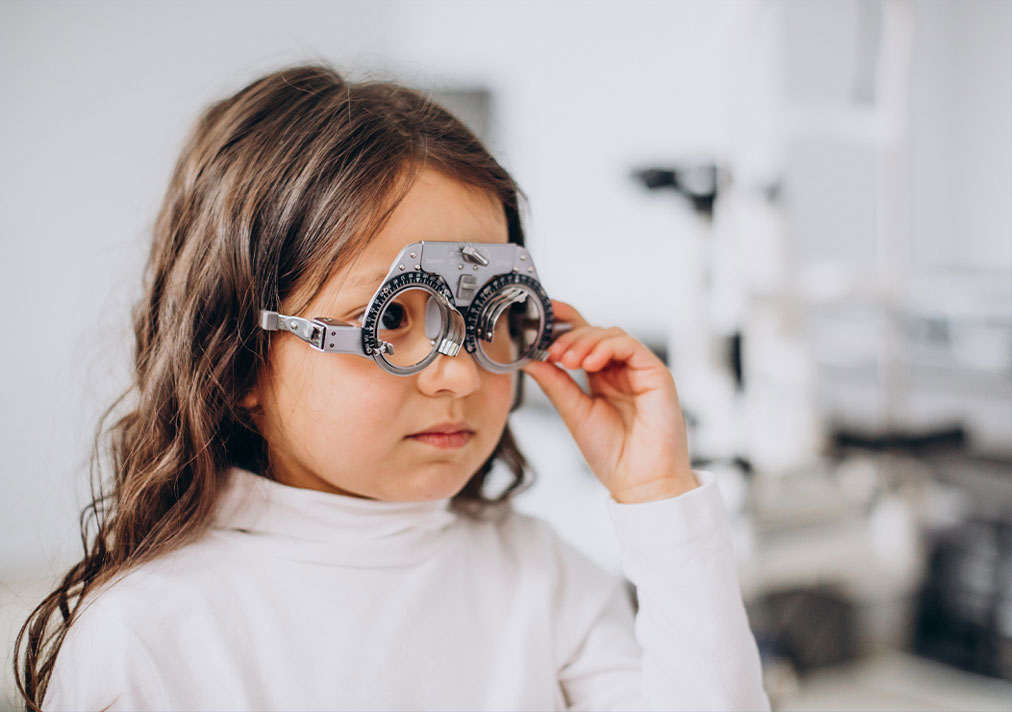Importance of Regular Retina Test: Our eyes are precious; it gives us the gift of sight. Without our eyes carrying out even the most primary functions of our daily lives becomes challenging.
However, like any other organ of our body, eyes are likely to undergo a malfunction due to several factors which is why it is very important to get a regular eye test to protect and pick up early signs of eye conditions before you’re aware of any symptoms.
Most of us avoid regular eye tests because of a lack of symptoms (eyes don’t usually hurt when something is wrong) which is the main reason for serious eye problems. A thorough retina checkup involves a series of tests to evaluate your vision and eye health. It helps detect eye problems at their earliest stage – when they’re treatable. According to the World Health Organisation, a massive 80 percent of all blindness is preventable, so if you are skipping regular tests, then you are missing vital signs that can help you protect your vision.
Retina disorder is one such eye problem that can lead to total blindness if left untreated. Regular eye check-ups can help diagnose such a problem.
Who should get regular retina checkups?
Regular retina eye checkup is vital even if have never worn glasses in your life. Once you cross 50, your eyes won’t be the same even if you had a twenty-twenty vision all your life. The reason behind this is simple, just like your physical health reduces with age, your eye also starts to decline.
- 40s: Have routine eye exams at least once every year.
- 50s: Risks increase for retina disorder and glaucoma. Have routine eye exams once in 6 months
You should get a dilated examination and complete test for retinal diseases if you have:
- Wear contact lenses or glasses
- Have a chronic disease that increases the risk of eye disease like diabetes
- Family history of eye disease
When should you get Retina Checkup?
If you are experiencing any of these unusual eye problems, get them checked right away:
- Vision disruptions: If you are experiencing floaters that seem to move across your eyes or flashes of light, then it’s best to seek immediate attention from an eye doctor. These disruptions can result from a serious issue such as retinal detachment or retinal holes.
- Difficulty focusing: Suddenly you cannot focus on a specific object in your field of vision or experience blurriness when focusing on a single object then it’s time to get your eyes checked. Difficulty in focusing can be linked-to serious eye conditions which can hamper your vision quality.
- Diabetic/high blood pressure: If have diseases like diabetics or suffer from high blood pressure then it can lead to retinal problems such as diabetic retinopathy which is one of the leading cause of blindness.
- Night blindness: If you are having problems seeing clearly at night which was non-existent, then it’s time to get your eye checked. They don’t hurt but can lead to eye problems.
- Blurry vision: Blurry vision is the loss of sharpness, making an object appear hazy and blur. Many factors can lead to blurry vision, but it can also be a symptom of serious eye problems.
Retinal diseases are silent killers – leading cause of blindness
Retina diseases are known as silent killers because of the problems are symptomless in their initial stage which is why most people ignore the regular retina exam. However, regular eye tests can prevent problems at a stage where they can be treated with the best results. Therefore, the timely detection of retinal diseases is a vital part of eye care. Retinal diseases are the leading cause of blindness and irreversible loss of sight in adults not just in India but all over the world. The retinal disorder can be due to aging, diabetes or other diseases, trauma to the eye, or family history.
Don’t wait! Get free of cost 15 step eye check-up done at our state-of-the-art EyeQ Vision Hospital which has the highest level of quality and technology in eye care. EyeQ vision has 38 super specialty eye hospitals with centers in Uttar Pradesh, Delhi-NCR, Haryana, Uttarakhand, Gujarat and Maharastra.




